

Below are the statewide IDEA projects that will be at this year's Expo.
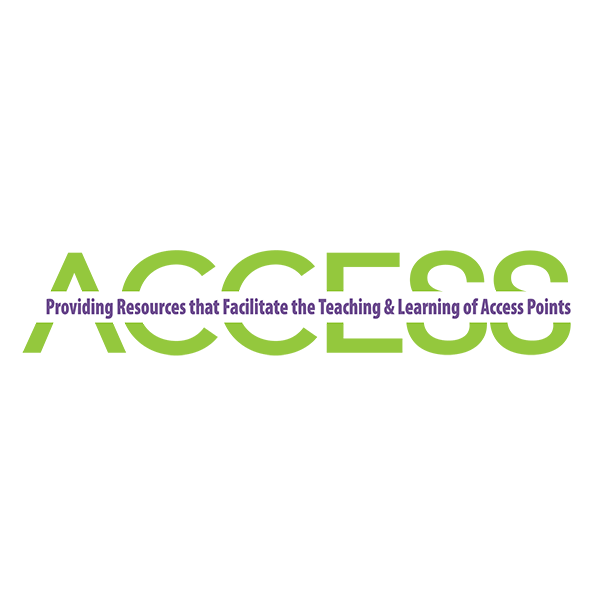
The Access Project focuses on evidence-based instructional strategies and supports that align with Florida’s alternate academic achievement standards for students with the most significant cognitive disabilities. The Access Project continues to support statewide
professional learning for districts and teachers to ensure a greater understanding of Florida’s alternate academic achievement standards, providing professional learning on appropriate supports and strategies for students with the most significant cognitive disabilities, including the development of communication strategies for this population of students. The project also supports alternate assessment activities that align instruction with assessment, as needed.
Representatives:
Week 1 & 2 -
Christi Yu, Project Manager, Yu.Christina@brevardschools.org
Jeff Pruitt, Project Coordinator, pruitt.jeff@brevardschools.org
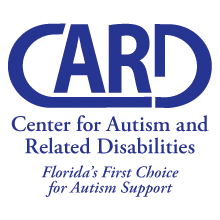
The seven regional CARD sites provide nonresidential resource and training services for persons of all ages and of all levels of intellectual functioning who have autism spectrum disorder (ASD), a pervasive developmental disorder, an autistic-like disability, a dual sensory impairment, or a sensory impairment with other disabling conditions. Each site provides services within its geographical region of the state, which are consistent with the other sites. Each site is expected to coordinate services within and between state and local agencies and school districts but may not duplicate services provided by those agencies and school districts.
Representatives:
Week 1 & 2 -
Terry Lee, Project Manager, Terry.Lee2@jax.ufl.edu
Jeannie Potthast, Division Administrator, Jeannie.potthast@jax.ufl.edu
Karen Auger, Office Manager, karen.auger@jax.ufl.edu
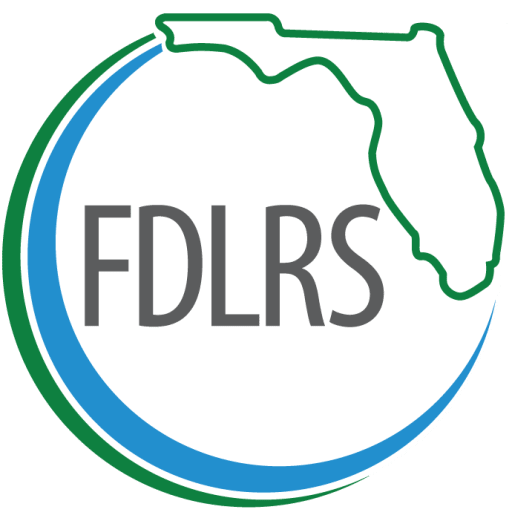
Florida Diagnostic and Learning Resources System (FDLRS)
The FDLRS Administration Project provides overall management of and technical support and professional learning for the 18 FDLRS ACs and general support to the six multidisciplinary centers and two specialized centers. Section 1006.03, F.S., defines the statutory requirements to maintain regional diagnostic and learning resource centers for exceptional students, to assist in the provision of medical, physiological, psychological, and educational testing, and other services designed to evaluate and diagnose exceptionalities, to make referrals for necessary instruction and services, and to facilitate the provision of instruction and services to exceptional students. Project personnel also provide technical assistance, regional and statewide professional learning, and coordination of activities related to FDLRS’s Network priorities that are implemented by resource center personnel. Through support and leadership provided by the FDLRS Administration Project, the objectives of the FDLRS ACs are implemented and staff are provided with opportunities to maintain and enhance their skills. The FDLRS Administration Project aligns its activities with BEESS’s initiatives. In addition, this project coordinates the facilitated courses offered through the BEESS Portal to Professional Development Alternatives. The offerings include facilitated and independent courses, as well as the Gifted and Autism Spectrum Disorder Endorsement Programs. The project also coordinates the statewide Middle Grades 5-9 Online Content Review Course and the Elementary K-6 Online Content Review Course and the Florida’s Strategic Instruction Model. All efforts are made in coordination with BEESS and the FDLRS Network to ensure successful local implementation.
Representatives:
Week 1 -
Patty Ketts, FDLRS Admin, kettsp@nefec.org
Sallie Payne, FDLRS Admin, paynes@nefec.org
Phyllis Barrington, HRD Specialist, FDLRS Crown, barrintop@duvalschools.org
Melissa Call, HRD/Tech Specialist, FDLRS Crown, callm@duvalschools.org
Ginny Johnson, HRD Specialist , FDLRS Crown, johnsonv1@duvalschools.org
Matt Take, Tech Specialist, FDLRS Crown, akem@duvalschools.org
Week 2 -
Patty Ketts, FDLRS Admin, kettsp@nefec.org
Sallie Payne, FDLRS Admin, paynes@nefec.org
Sam Davis, Senior Administrator, FDLRS Action, sam.davis@fdlrsaction.org
Poinsetta Tillman, Center Manager, FDLRS Sunrise, poinsetta.tillman@polk-fl.net
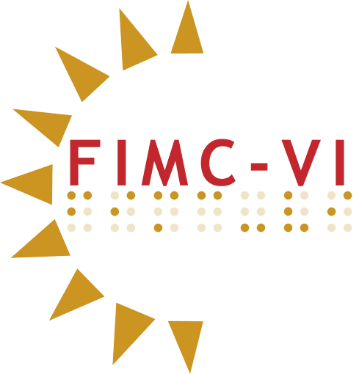
Florida Instructional Materials Center for the Visually Impaired (FIMC-VI)
FIMC-VI assists LEAs in the provision of accessible instructional materials for students with visual impairments throughout Florida, administers Federal Quota Funds from the American Printing House for the Blind, maintains a loan library for teachers and families, and provides statewide and regional trainings. FIMC-VI also collaborates with statewide and national projects and agencies on a variety of issues, including, but not limited to, statewide assessment, effective and promising practices in braille literacy, and the implementation of the National Instructional Materials Accessibility Standard as outlined in IDEA. General project activities are stipulated by s. 1003.55, F.S., which requires the following:
Representatives:
Week 1 -
Tiffany Conrad, Program Coordinator, tconrad@fimcvi.org
Week 2 -
Andrea Wallace, Statewide Educational Specialist for the Visually Impaired, awallace@fimcvi.org
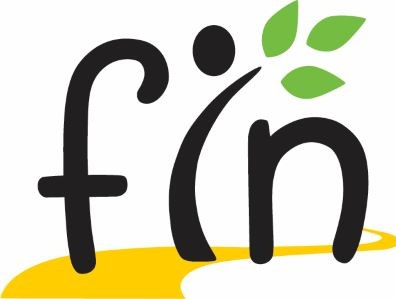
FIN collaborates with all districts, schools and IDEA-funded state projects to provide customized services and supports ensuring all students with disabilities have the same educational, social and future opportunities as their peers. Additionally, this project is required, per s. 1003.57, F.S., to conduct the collection and review of each school district and school’s Best Practices in Inclusive Education (BPIE) assessment. This project also leads an annual review of performance for all regional FIN facilitators and coordinates the delivery of training specific to ESE inclusion.
Representatives:
Week 1 & 2 -
JaSheena Ekhator, jekhator@contactfin.com
Kelly Claude, kclaude@contactfin.com
Melonee Ferguson, mferguson@contactfin.com
Lisa Langley, llangley@contactfin.com
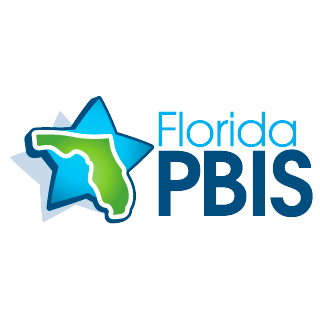
Florida Positive Behavioral Interventions & Supports Project (FLPBIS)
The FLPBIS: MTSS Project is committed to building the capacity of school districts to address significant behavioral problems that contribute to unsafe school environments and reductions in student performance. The capacity built helps those school districts assist schools to develop effective discipline, social skills teaching and behavior support strategies for all students. The IDEA, 20 United States Code (U.S.C.), section (§) 1465(b)(1) stipulates in carrying out the scope of behavioral supports and systemic interventions, that activities shall provide for effective, research-based practices, including the following:
Representatives:
Week 1 -
Cat Raulerson, Project Coordinator, craulerson@usf.edu
Kristi Gomez, Technical Assistance Specialist, kmgomez@usf.edu
Brooke Curtis, brooke25@usf.edu
Week 2 -
Cat Raulerson, Project Coordinator, craulerson@usf.edu
Betsy Lazega, Technical Assistance Specialist, blazega@usf.edu
Sabrina Stewart, Technical Assistance Specialist, sabrinastewart@usf.edu
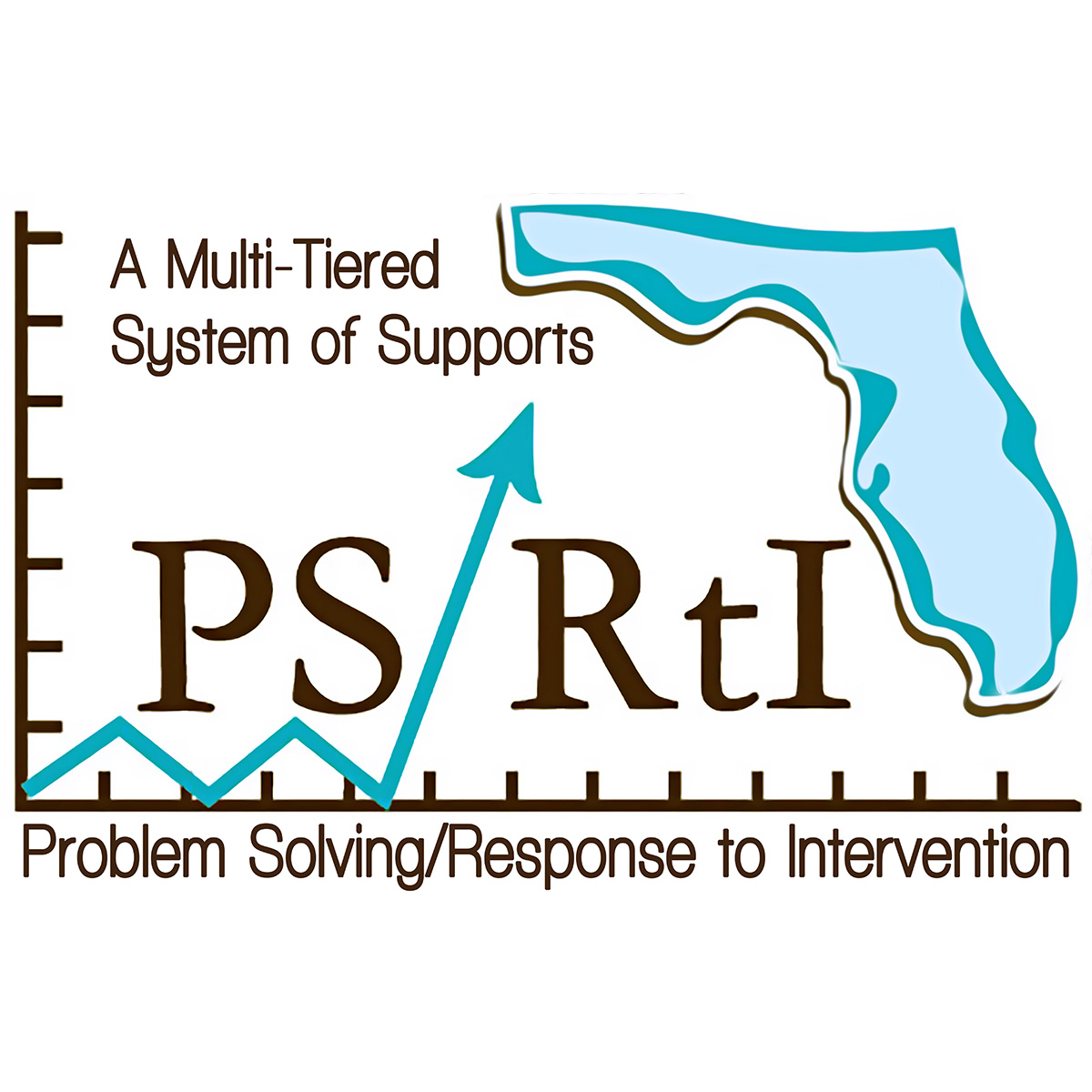
Florida Problem Solving/Response to Intervention (PS/RtI)
The Florida Problem Solving/Response to Intervention (PS/RtI) Project is committed to supporting Local Education Agencies (LEAs) and schools to improve student outcomes through data-driven problem solving within a Multi-Tiered System of Supports (MTSS). With a strong focus on improving results for all students, especially those with disabilities, the project offers a continuum of services to address LEA goals and needs. These services may include, but are not limited to: partnering with LEAs to engage in collaborative, intensive systems-level problem solving; ongoing consultation and technical assistance; and access to high-quality resources such as asynchronous professional learning modules and comprehensive guidance documents.
Representatives:
Week 1 & 2 -
Dr. Carlos Blaine, Regional Coordinator, cmblaine@usf.edu
Beth Hardcastle , Regional Coordinator, ardcast@usf.edu
Kelly Justice Project Director, justice@usf.edu
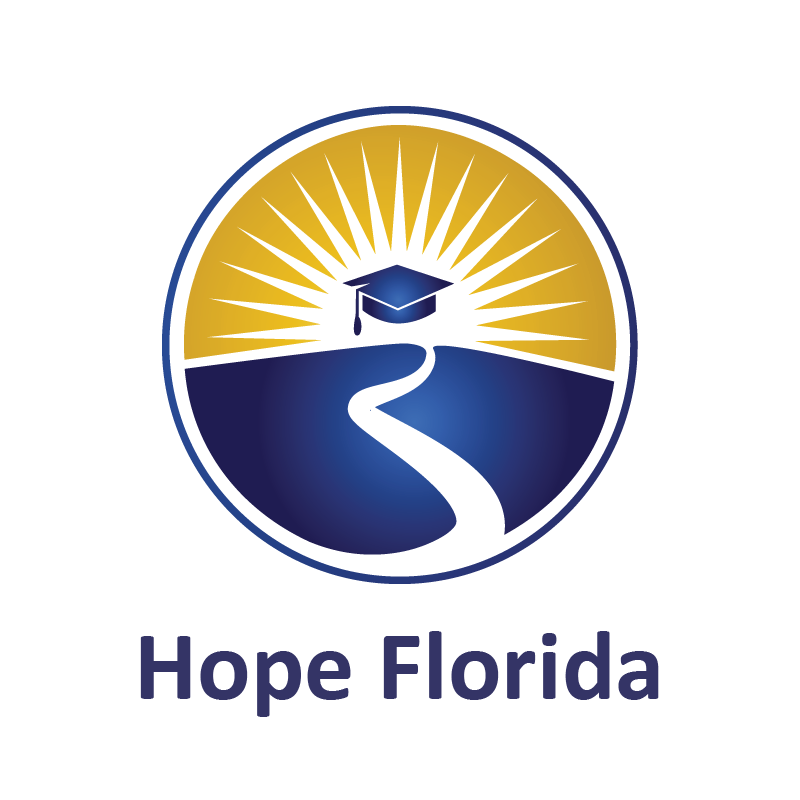
Hope Florida is an initiative spearheaded by First Lady Casey DeSantis that utilizes Hope Navigators to unite communities while guiding Floridians on an individualized path to prosperity, economic self-sufficiency and hope. Hope Navigators are the key to what makes the Hope Florida Model different. These experts work hand-in-hand with individuals to identify their unique barriers and engage all sectors of the community to be a crucial part of the solution.
The Florida Department of Education’s (FDOE) Hope Navigators focus on supporting parents and guardians of children ages 3 through 5 by providing access to resources with personalized support. FDOE’s Hope Navigators are dedicated to connecting families with educational programs, child screening services and a wide range of educational resources to meet each family’s individual needs. By offering this support, FDOE’s Hope Florida program empowers families to make informed decisions for their children’s futures for success in school and beyond.
To connect with a Hope Navigator, call the statewide Hope line at 833-GET-HOPE (438-4673), or contact the FDOE Hope Navigators in the Bureau of Exceptional Education and Student Services, at 850-245-0475 or BEESSsupport@fldoe.org.
Representatives:
Week 1 & 2 -
Emily Maas, Hope Navigator, emily.maas@fldoe.org
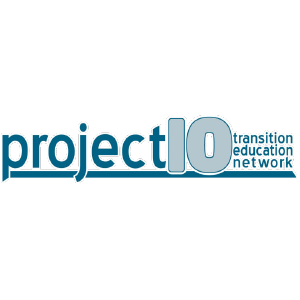
Project 10: Transition Education Network (Project10)
Project 10 assists school districts and other stakeholders in building capacity to provide secondary transition services to students with disabilities in order to improve post-school outcomes. Project 10 addresses the following major initiatives: statewide capacity building, interagency collaboration, transition legislation and policy, and student development and outcomes. Project 10 also addresses Indicators 1: Graduation Rate, 2: Dropout Rate, 13: Secondary Transition Individual Educational Plan Components, and 14: Post-school Outcomes of Florida’s SPP. The IDEA, 20 U.S.C. § 1412(e)(2)(C)(vi), authorizes the development and implementation of transition programs, including coordination of services with agencies involved in supporting the transition of students with disabilities to postsecondary activities.
Representatives:
Week 1 -
Nicole Klees, Regional Transition Representative (Region 6), enklees@usf.edu
Week 2-
Lisa Friedman-Chavez, Regional Transition Representative (Region 5), lfchavez@usf.edu
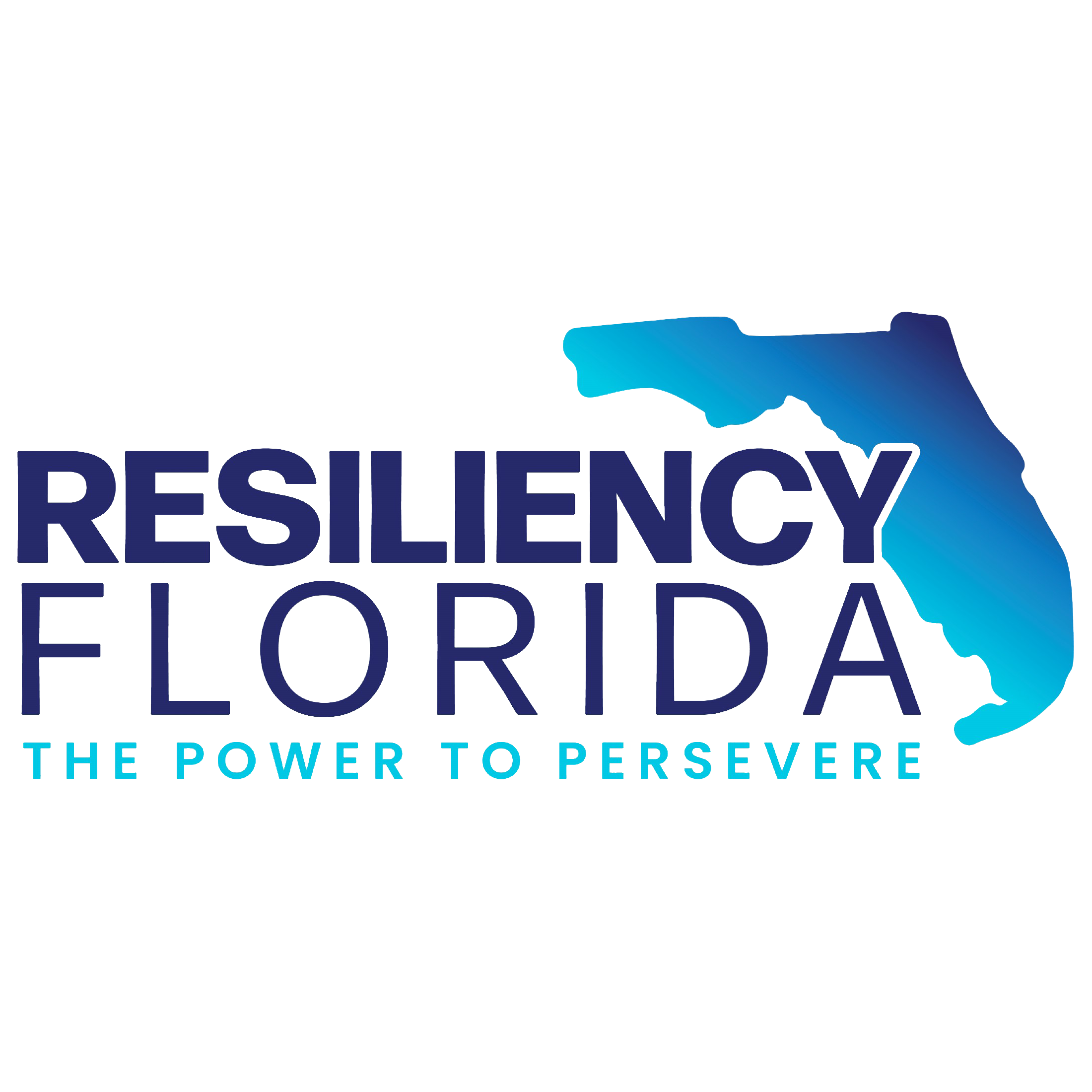
Building resiliency for Florida’s children and families is a top priority of the Florida Department of Education, which is implementing a first-of-its-kind approach to help children develop essential skills like grit, perseverance, and problem-solving. Resiliency Coaches serve as one of the first layers of support. Resiliency Coaches are moms, dads, grandparents, volunteers, and mentors who are trained to support children as they build resiliency to face day-to-day challenges.
To complete the Resiliency Coach supplemental training, individuals must have met current volunteer screening requirements with the local school district and complete an online training with a 4-hour volunteer practicum. Information for Resiliency Florida, including the Resiliency Coach interest form, can be found at www.buildresiliency.org.
Representatives:
Week 1 & 2 -
Natasha Lunan, Director, Family & Community Engagement Programs, natasha.lunan@fldoe.org
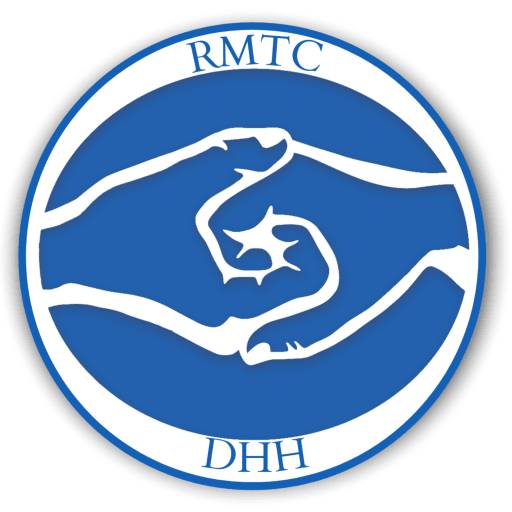
Resource Materials and Technology Center for the Deaf/Hard of Hearing (RMTC-DHH)
RMTC-DHH provides statewide coordination for the delivery of specialized technology and instructional materials to students who are DHH or have dual sensory impairments, as well as training and technical assistance to educators and parents of students who are DHH or have dual sensory impairments consistent with s. 1003.55, F.S., which requires the following:
The project provides specialized technology, technical assistance, and information referral and training, and facilitates the provision of appropriate services for students who meet eligibility for programs for students who are DHH (Rule 6A-6.03013, F.A.C.) or programs for students who have dual sensory impairments (Rule 6A-6.03022, F.A.C.). To this end, project staff perform limited direct services for students residing in small and rural school districts (e.g., evaluations) as necessary. The project provides technical assistance and services to Florida school districts, with priority given to the 33 small and rural districts. Services include, but are not limited to, evaluations, parent training, inservice education for personnel, and referral to other statewide agencies or resources. The project also provides staff and resources for the coordination, cataloging, standardizing, producing, procuring, storing and distributing of captioned media, and other specialized educational materials needed by qualifying students.
Representatives:
Week 1 & 2 -
Carmelina Hollingsworth, Director, c.hollingsworth@rmtcdhh.org
Sherry Conrad, Deaf Education and Training Specialist, sherry.conrad@rmtcdhh.org
Candace McIntire, Deaf Education and Training Specialist, candace.mcintire@rmtcdhh.org
Sara Tinti, Deaf Education and Training Specialist, ara.tinti@rmtcdhh.org
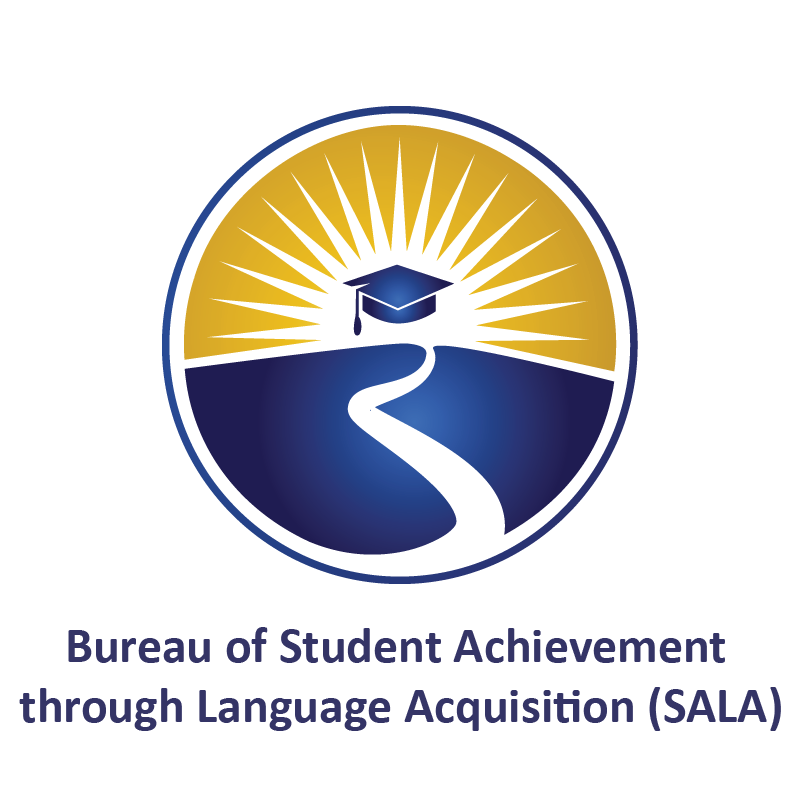
Bureau of Student Achievement through Language Acquisition (SALA)
The primary focus of the Bureau of Student Achievement through Language Acquisition is to assist schools and districts with Florida's English Language Learners (ELLs), totaling over 300,000. Florida's diversity of ELLs surpasses most states in the country. Florida is ranked 3rd in ELL population, and although Spanish is the major native language of these students, the ELLs speak more than 243 different languages.
The Bureau is also responsible for ensuring that these students receive comprehensible instruction by monitoring schools and districts for compliance with state and federal rules, regulations, the 1990 League of United Latin American Citizens (LULAC) et al. v. the State Board of Education (SBE) Consent Decree, and the 2003 Modification of the Consent Decree.
In addition, the Bureau manages a Title III grant, currently more than $43 million, which is dispersed to eligible districts. This federal funding focuses on providing supplemental professional development to teachers of ELLs, and on providing scientifically research-based academic programs to assist ELL academic achievement and English language acquisition.
Another focus of the Bureau is the management of World Languages. It is the Bureau's responsibility to offer leadership, coordination, and technical assistance for the implementation of legislation and State Board of Education policy and rule, as well as Department initiatives pertaining to curriculum and instruction for Florida students and teachers.
Representatives:
Week 1 & 2 -
Dr. Raydel Hernandez, Bureau Chief, Raydel.Hernandez@fldoe.org
Liban Diaz, Program Specialist, Liban.Diaz1@fldoe.org
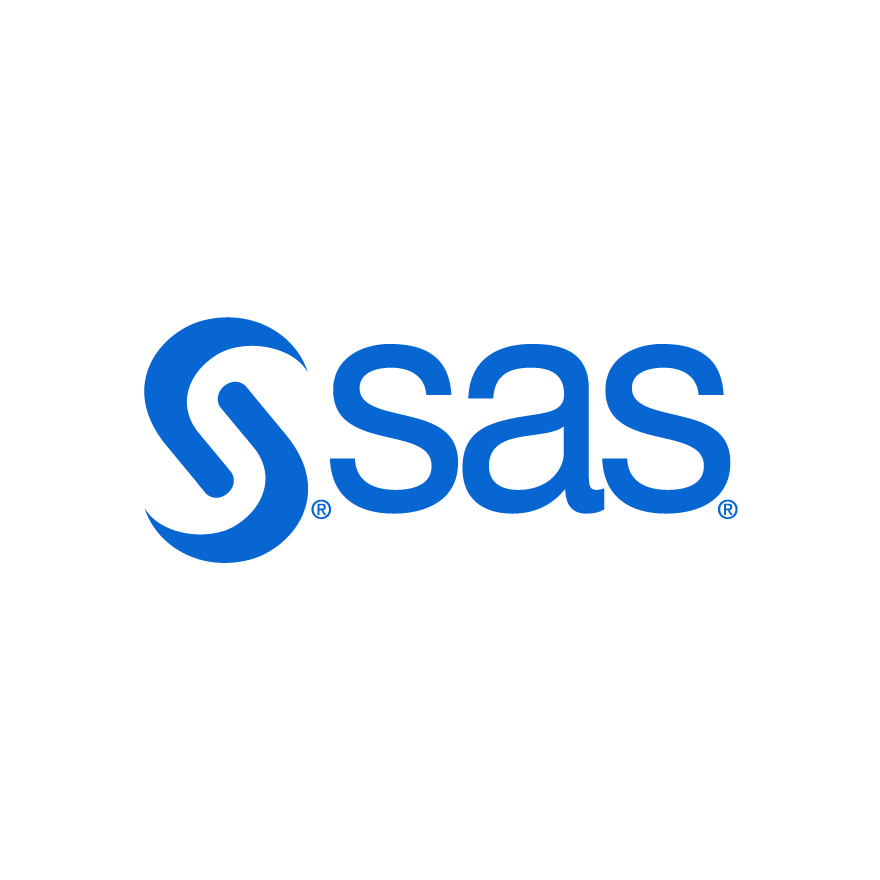
Developed and operated from SAS's headquarters in Cary, North Carolina, the Florida VAM Visualization Tool is a web-based application that empowers educators by providing powerful, data-driven insights into student growth, teacher effectiveness, and overall educational outcomes.
Our updated Florida VAM Teacher Reports do more than evaluate. Stop by to see how they highlight excellence, spark reflection, and guide targeted support. Explore how data patterns can help celebrate teacher impact, identify student needs, and drive meaningful next steps.
Empower educators. Support growth. Foster a culture of continuous improvement.
Representatives:
Week 1 & 2 -
Jonte' Hill, Senior Technical Training Consultant, jonte.hill@sas.com
Chris Maxwell, Educator Support Specialist, chris.maxwell@sas.com
Jason McGeorge, Senior Technical Support Specialist, jason.mcgeorge@sas.com
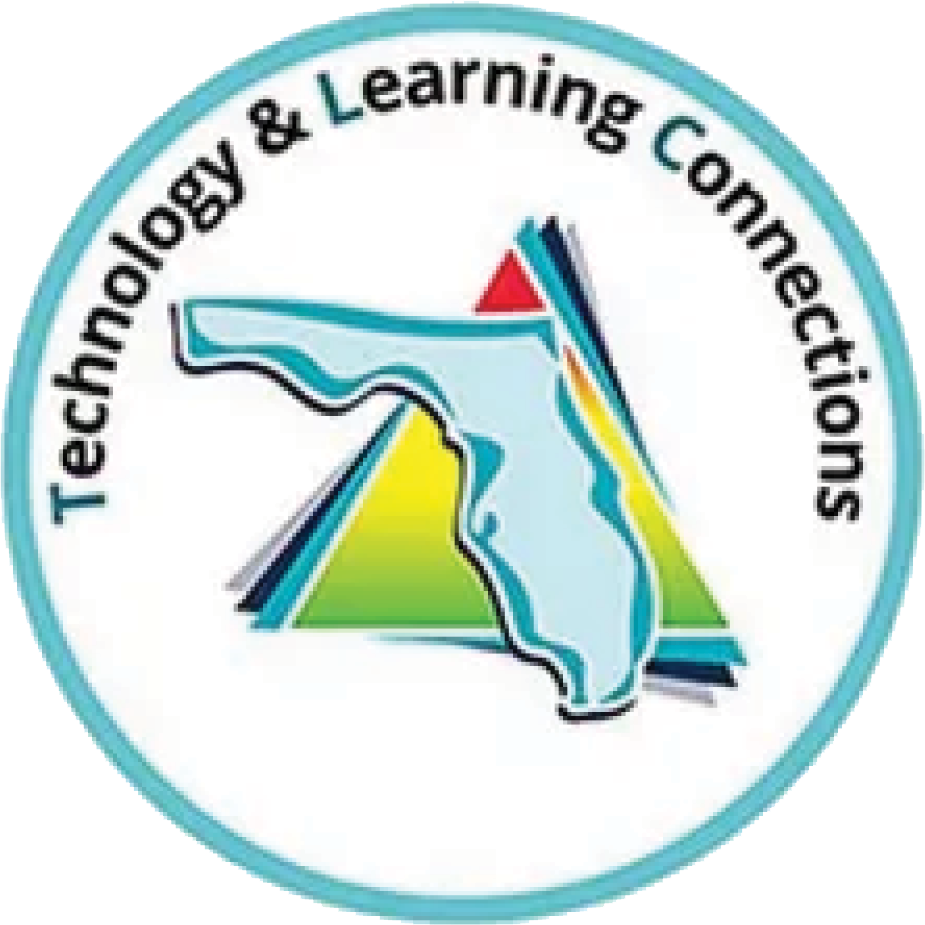
Technology & Learning Connections (TLC)
The Technology & Learning Connections (TLC) Team is committed to helping Florida educators create technology-rich classrooms where every student has the opportunity to thrive. We support the alignment of technology, policy, and curriculum to strengthen instruction and improve student achievement through a multi-tiered system of support.
At the heart of the Technology & Learning Connections (TLC) Project is the belief that every student, especially those with disabilities and those who need additional support, should be an active, engaged learner in the instructional problem-solving process. We help districts and schools apply innovative technology tools to build skills, foster independence, and drive academic growth. Together, we are breaking down barriers and building effective learning environments that support student success.
Visit us at the Technology Expo to explore the latest tools, strategies, and resources that are helping Florida educators create engaging and accessible learning experiences for all students.
Representatives:
Week 1 & 2 -
Janet Good, TLC Director, jgood@usf.edu
Dr. Tara Jeffs, TLC Assistant Director, tjeffs@usf.edu
David Davis, Consultant, davisgulf7@gmail.com
Monday
3:00 pm - 5:00 pm, Open to all participants during early check-in
Tuesday
7:30 am - 8:30 am, Open to all participants prior to the Opening General Session
10:15 a.m. – 12:00 p.m., During Session 1, Expo Open for ESE track participants
12:00 pm - 1:30 pm, Open to all participants during the lunch break
1:30 pm - 4:30 pm, during Session 2, Expo Open for Civics 6-8, Personal Financial Literacy, Leadership
4:30 pm -
5:00 pm, Open to all participants during District Planning Time
Wednesday
7:30 am - 8:15 am, Open to all participants prior to the Morning General Session
9:30 am - 12:00 pm, during Session 3, Expo Open for Mathematics K-5, Mathematics 6-8, Mathematics 9-12
12:00 pm - 1:30 pm, Open to all participants during the lunch break
1:30 pm - 4:30 pm, during Session 4, Expo Open for Computer Science K-5, Computer Science 6-12, Resiliency and Health Education K-12, Resiliency and Physical Education K-12
4:30 pm -
5:00 pm, Open to all participants during District Planning Time
Thursday
7:30 am - 8:30 am, Open to all participants prior to Session 5
8:30 am - 11:00 am, during Session 5, Expo Open for Social Studies K-5, Social Studies 6-8, Social Studies 9-12, Civics K-5, Civics 9-12
Week 1 - Cafeteria
Week 2 - Cafeteria
